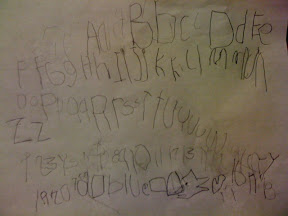Socialization is characterized as the life long social experience by which individuals develop their human potential and learn culture. The socialization process begins soon after birth, as babies are cared for (or not) by their parents or other loved ones from their family. Of course that experience is as varied as there are cultures in our world. We begin to learn at a very early age how to love, to hate, to care for, to fight, and to ultimately relate to other people in our society.
We also learn our position in society, particularly in terms of social class, gender, and race. We are influenced by history and the social norms of society. Norms aren’t necessarily right or wrong, but we gauge ourselves to the cultural standards in society, and as Mead would characterize, we develop that sense of self.
As an example of how we internalize what we perceive in society, watch the “Girl Like Me” video below.
Many students question the validity of these girls’ interpretations of what others think about them. Keep in mind these are the experiences of these girls, right or wrong, and it is the “job” of the Sociologist to ask the critical questions as to why.
What shapes their viewpoints? What popular messages in society influence their perceptions? What ideas and/or behaviors have they garnered from their family and peers that influences their sense of self?
What shapes their viewpoints? What popular messages in society influence their perceptions? What ideas and/or behaviors have they garnered from their family and peers that influences their sense of self?
